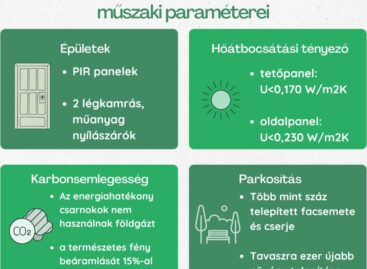Global State of Small Business Report
Small businesses are the unsung heroes of the global economy – creating jobs and growth in every country and helping to reduce poverty and income inequality. But they are facing the challenge of a lifetime. The COVID-19 pandemic isn’t just a public health emergency; it’s also an economic crisis that is hitting small and medium-sized businesses exceptionally hard.
The spread of COVID-19 and the resulting pandemic caused many governments to impose lockdown measures that have forced many businesses to suspend their in-person operations. The resulting economic crisis has also created a difficult new reality for small and mediumsized businesses (SMBs) across the world. To better understand the scope and impact of this crisis on SMBs, The Future of Business Survey, an ongoing collaboration between Facebook, the Organisation for Economic Co-operation and Development (OECD), and the World Bank surveyed more than 30,000 SMB owners, managers, and employees in over 50 countries and regions.
Among SMBs surveyed, 26% reported that they had closed between January and May 2020 – over 50% in some countries, such as Ireland and Bangladesh. Consumer-focused sectors have been hit hardest. For example, 54% of tourism agencies and 47% of SMBs operating in the hospitality and event management sector reported that they were closed at the time of the survey. Micro-businesses, defined here as SMBs owned and operated by one individual, have closed to a greater extent than those with multiple employees.
Approximately 30% of micro-businesses reported that they were closed at the time of the survey, relative to 25% of SMBs with one or more employees. Female-led SMBs have been disproportionately impacted. These businesses were 7 percentage points more likely to be closed compared to male-led SMBs at the time of the survey. Not only do a greater proportion of female business leaders operate micro-businesses with no employees (37% compared to 24% for men), but female-led SMBs are also concentrated in the sectors that have been most affected by lockdown measures.
In addition, the more stringent the lockdown measures have been, the higher the gender disparity in closure rates. SMBs that remain open face an unprecedented business environment. Nearly 2 in 3 (62%) SMBs operational at the time of the survey cited lower sales in the last 30 days relative to the corresponding period in 2019. Of these, over half (57%) reported a decline in sales of 50% or more, exacerbating the cash flow constraints that SMBs face even in normal times. These pressures have led SMBs to cut employment – one-third of SMBs in operation reported that they reduced their workforce as a result of the COVID-19 pandemic “Among SMBs surveyed, 26% reported that they had closed between January and May 2020”
Related news
Business-tailored halls help SMEs develop and grow
RaktárAD, a logistics developer with a Belgian-Hungarian ownership background, has…
Read more >Is crisis management really the most important skill in the business world?
In mid-November, at a conference on corporate digitalization, speakers presented…
Read more >ESG: why is everyone only talking about large companies?
ESG aspects are key sustainability metrics. Yet, when we talk…
Read more >Related news
Most major grocery chains will keep their stores open until noon on December 24th
Most of the large grocery chains will keep their stores…
Read more >Recognition of Consumer Protection Excellence: Honoring the Best of 2024
This year’s outstanding consumer protection officers and special award recipients…
Read more >The Joy of Giving! – SPAR stores collect non-perishable food for people in need
The Hungarian Maltese Charity Service and SPAR Hungary have launched…
Read more >








